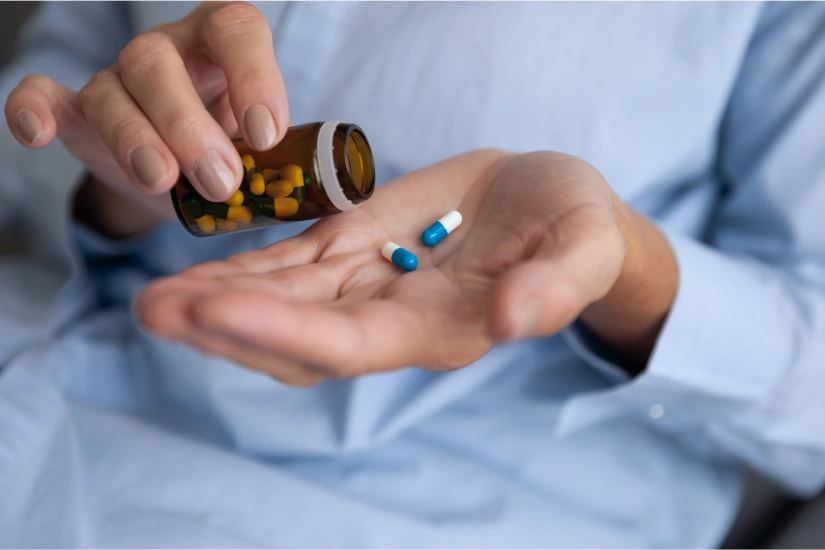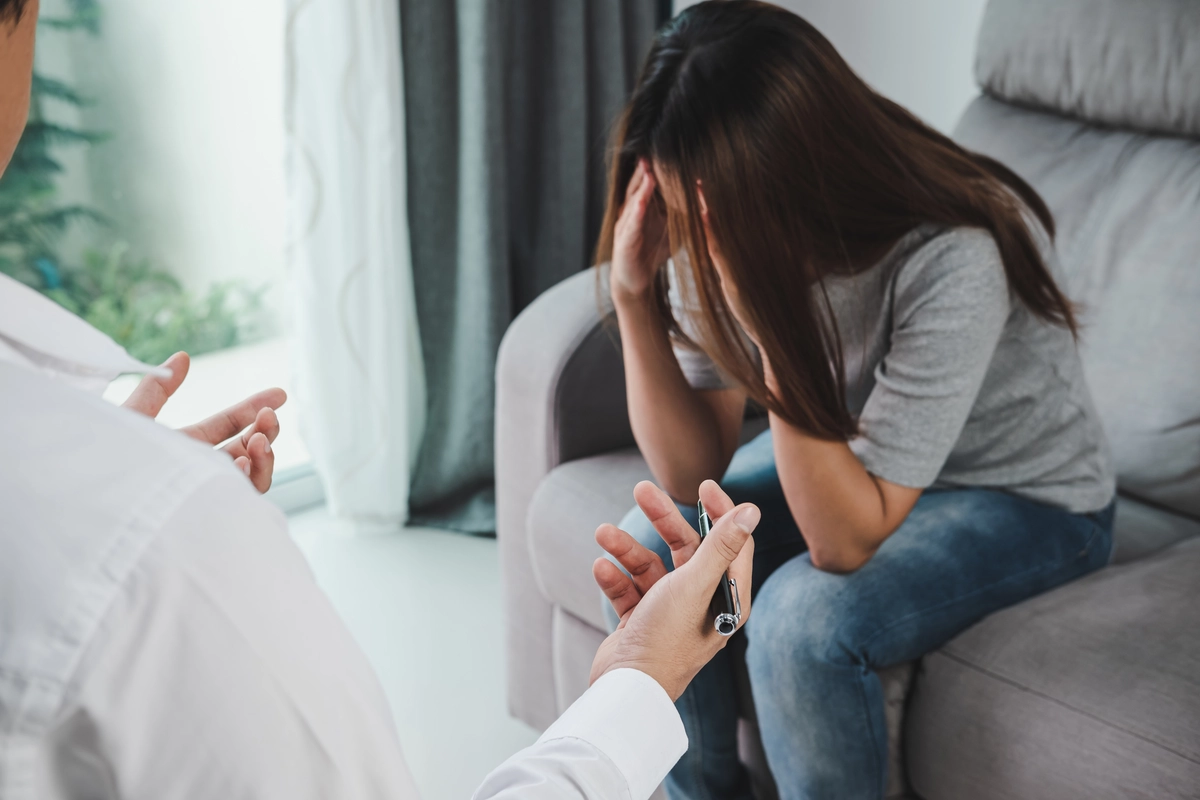24/7 Helpline:
(866) 899-111424/7 Helpline:
(866) 899-1114
Learn more about Inpatient Rehab centers in Page County

Zion Recovery
Located in Clarinda, Iowa, Zion Recovery offers alcohol and drug rehab services. They provide reside...

Waubonsie Mental Health Center
Waubonsie Mental Health Center is a private rehab located in Clarinda, Iowa. Waubonsie Mental Health...





























































Waubonsie Mental Health Center
Waubonsie Mental Health Center is a private rehab located in Shenandoah, Iowa. Waubonsie Mental Heal...































































Other Insurance Options

MVP Healthcare

Meritain

Molina Healthcare

Premera

Private insurance

State Farm

AllWell

GEHA

WellCare Health Plans

American Behavioral

Kaiser Permanente

Providence

Access to Recovery (ATR) Voucher

Multiplan

CareSource

Oxford

BlueCross

Magellan Health

Optum

CareFirst